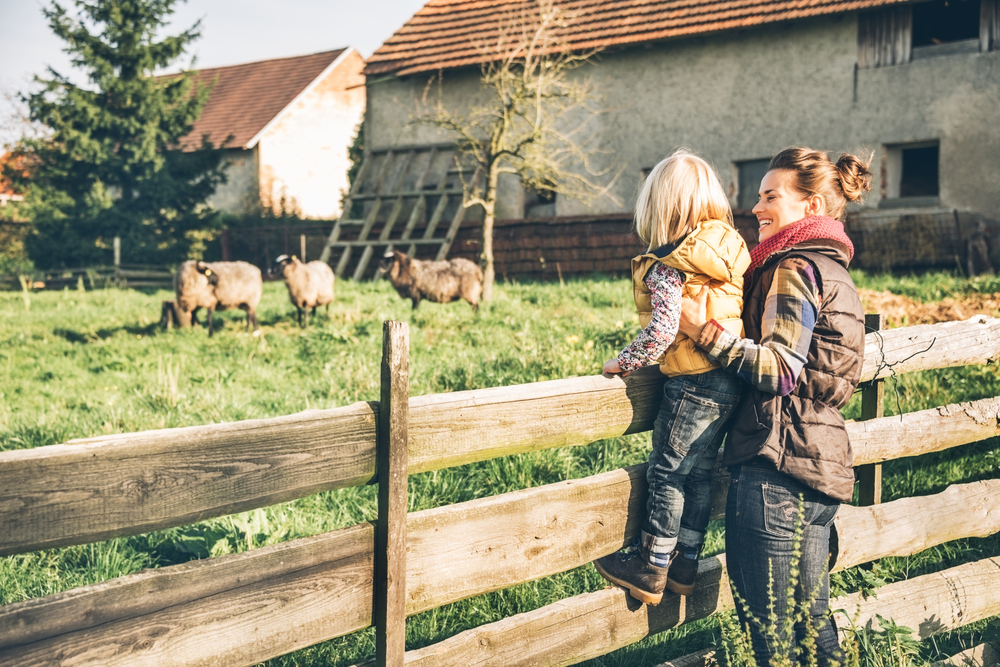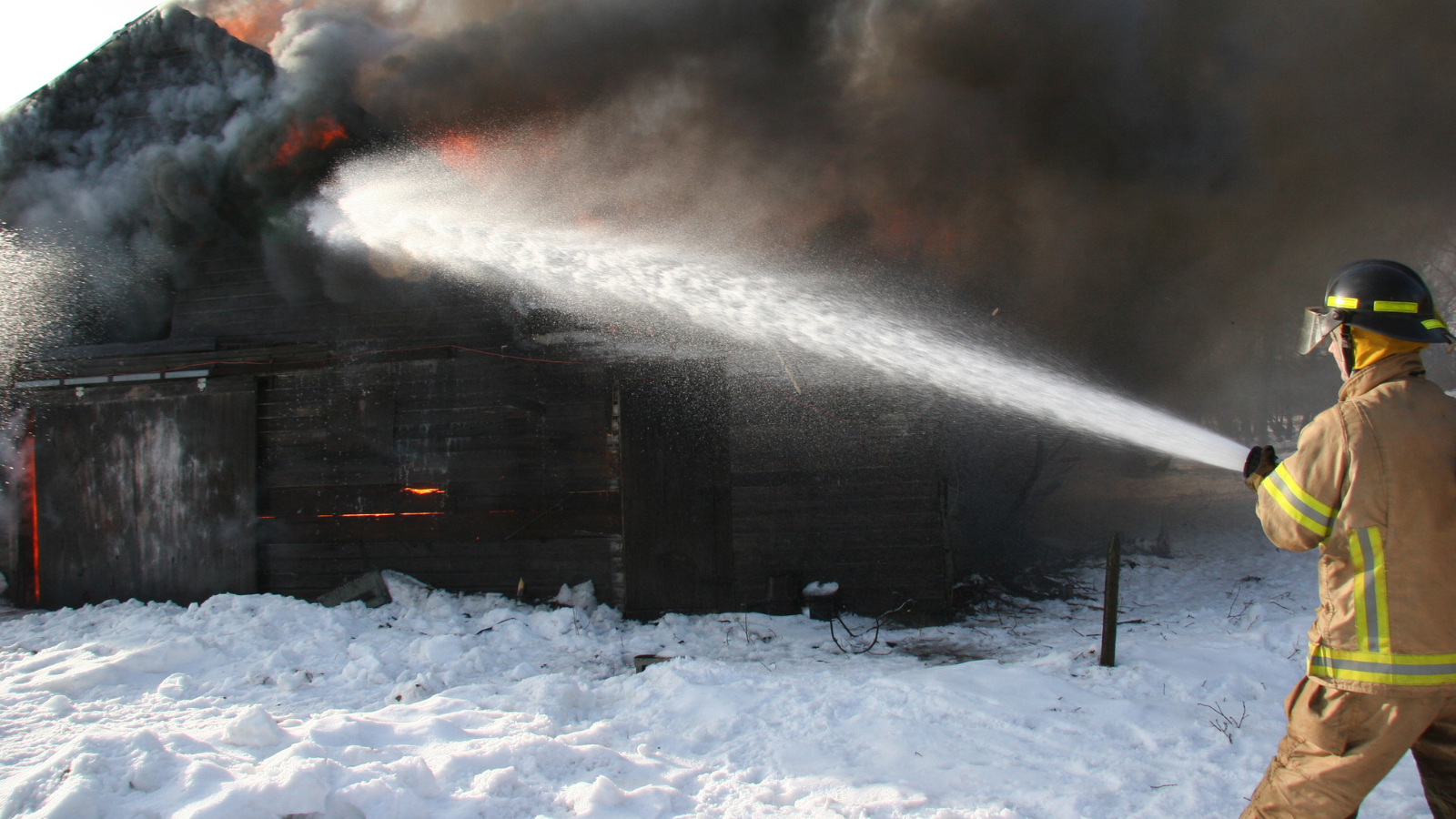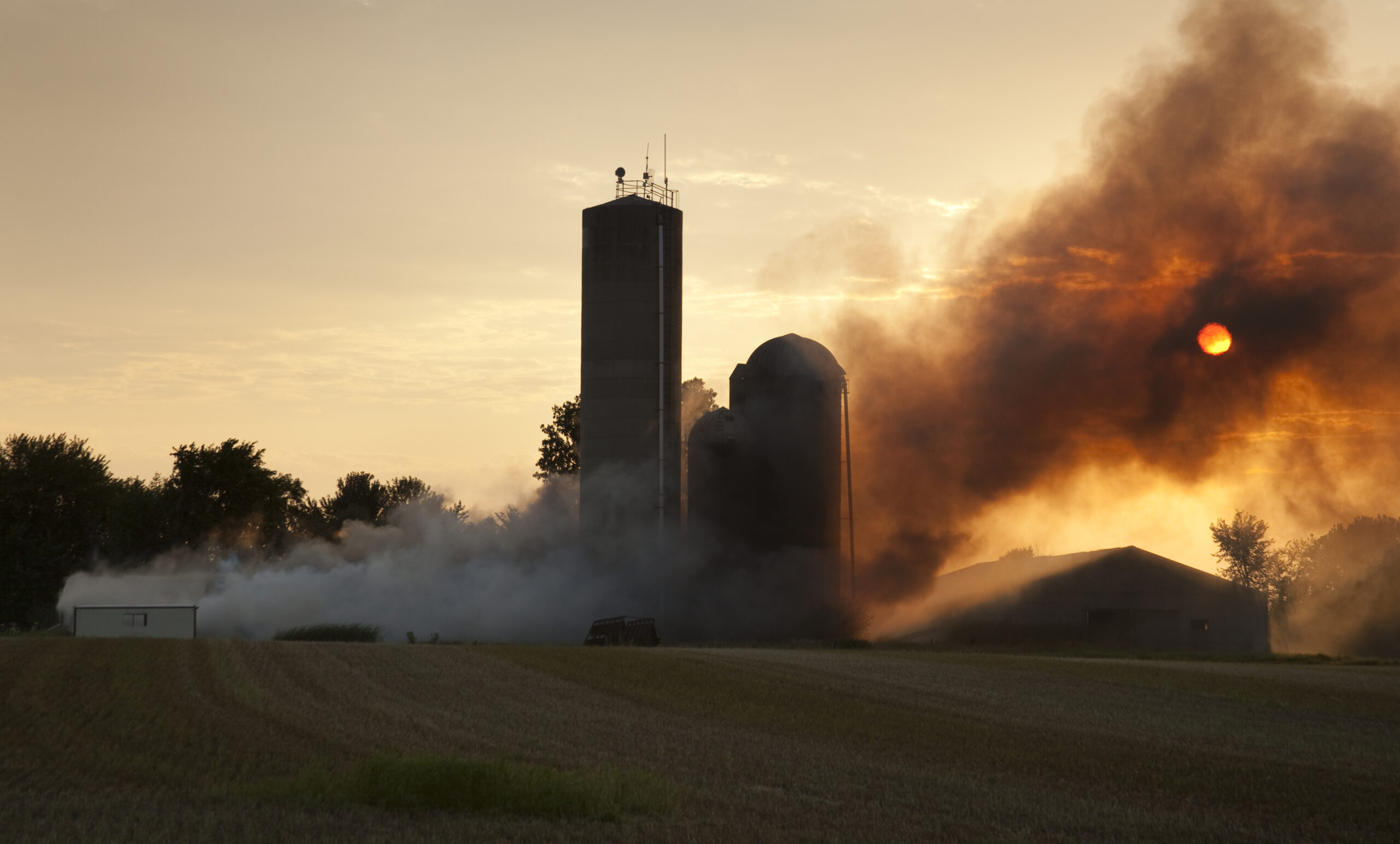Farms are incredible places to grow and raise a family. Children can learn to be independent and responsible while doing chores and helping around the farm to keep everything running smoothly. A farm can be a great opportunity for children to learn and understand how the agricultural industry plays a major role in their everyday lives. As fun as farms can be, there are also many dangers and risks that come with working and living on a farm. Promoting sound farm practices can teach farm safety to children which can help prevent injuries and accidents from occurring. While child proofing your entire farm operation may be difficult, you can set clear rules, guidelines & boundaries to keep everyone safe.
Farm Equipment
Children learn from what they see and often mirror behaviours and actions that adults take. Making sure proper farm safety protocols and rules are in place and understood should be common practice around the farm.
Most pieces of farm machinery are large and have a few blind spots, which make them very difficult to maneuver. Children should never operate any type of machinery until they are old enough and have had the proper training. This rule should extend to include lawn mowers, ATV’s and snow blowers, which can cause severe injury if not properly used.
Always remember to:
- Remove the keys from the ignition
- Lock the brakes
- Disengage the Power Takeoff (PTO) on your tractor when not in use or idle
- Teach children who to contact in case of any emergency
Livestock
Farms are a great source of fascination and discovery for young children to learn about some amazing animals. However, these animals can be dangerous especially to small children and every precaution needs to be taken in order to reduce the chances of an accident occurring. Getting kids involved early is a great way to get them used to livestock and understanding how to properly take care and interact with them.
The first thing that any young child should learn about farm safety is that any loud noises or abrupt movements can easily spook livestock. When working around animals encourage youth to be calm, move slowly, wear steel toed shoes and avoid abrupt noises. Children should know how to properly approach any animal and only under strict adult supervision. If livestock are in pens, children should know not to enter without supervision and how to exit quickly. If an electric fence is in use, they should be clearly identified so that kids know which areas to avoid.
Always remember that children see animals in a very different light than most adults. Most farm animals are much larger than young children and even well mannered animals can be dangerous. Kids look at farm animals with intrigue and want to be close enough to interact with them. Children need to be aware of livestock at all times, so they do not end up kicked, stepped on or worse.
Chemicals
Chemicals on the farm can be very dangerous and should be treated and handled with extreme care. Farmers need to take precautions when using, storing and disposing of chemicals to ensure their own safety and others.
Here are some steps you can take to keep children safe:
- Do not remove any labels from the containers and keep chemicals in their original bottles
- Store all chemicals in a locked closet or room
- Make sure all farm workers know where to find the appropriate PPE
- Keep all chemicals away from sources of ignition
Always follow the manufacturer’s instructions for safe disposal and do not dispose of items where children can easily reach them.
Boundaries
There are many areas on a farm that should be off limits to children. Livestock pens, ponds, manure pits, grain bins and storage facilities can all be extremely dangerous to young children. Restricted areas for children should all be clearly identified or barricaded in order to deter entry by curious children. This rule can extend to include ponds, swimming pools and water tanks, which can be dangerous to young children. Setting age-restricted areas can ensure that any young children stay out and any older kids can still help with the daily chores.
* Don’t forget to check out our Farm Safety Inspection Checklist that highlights items you should consider reviewing on a regular basis.*





